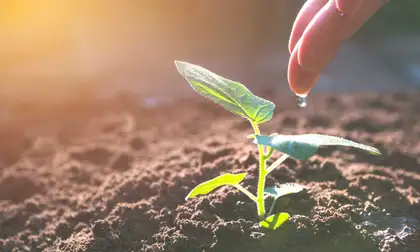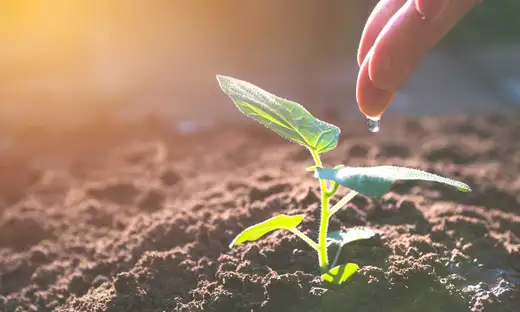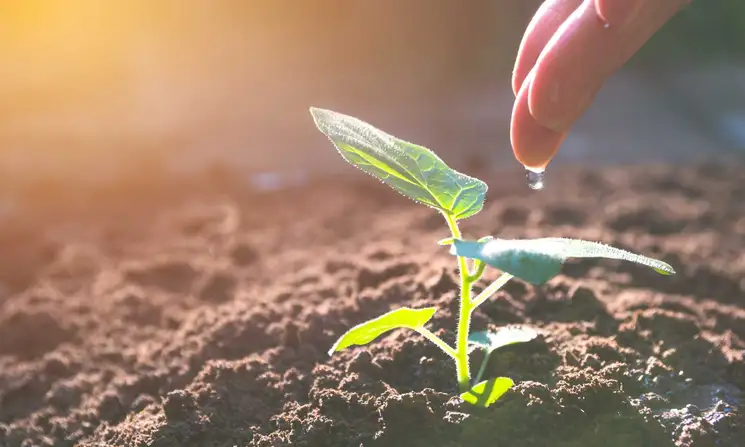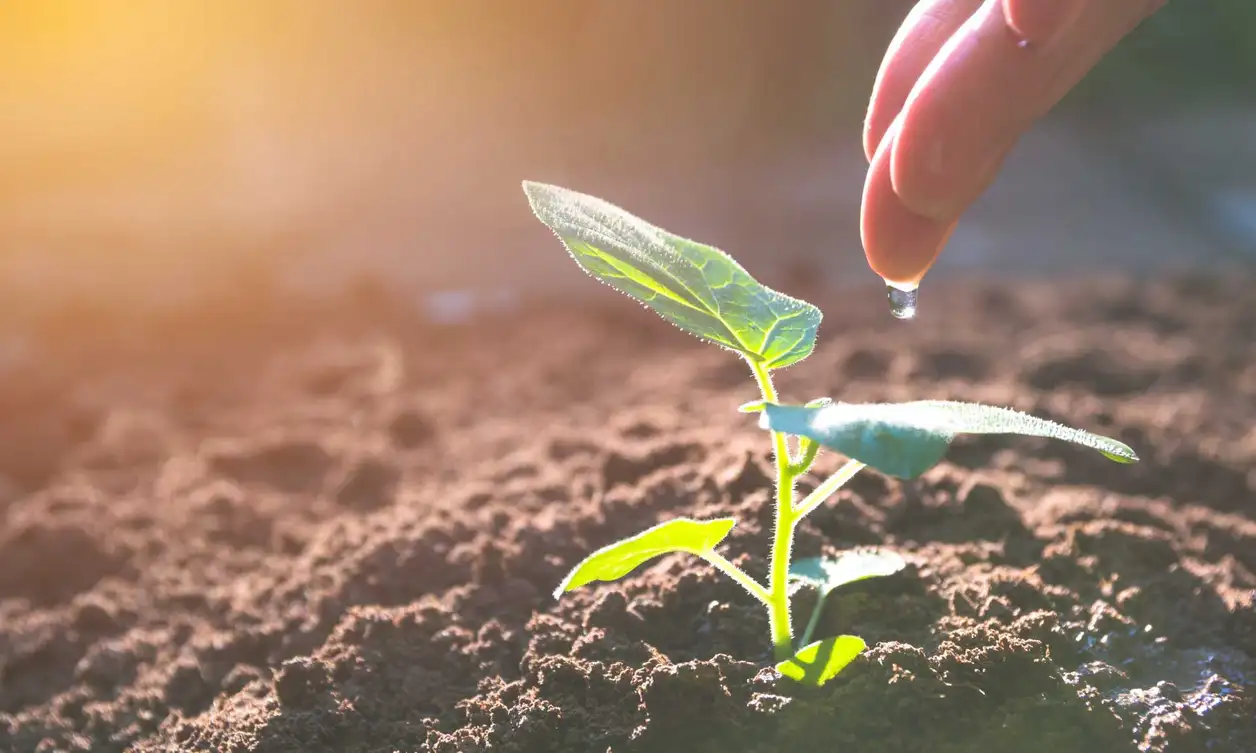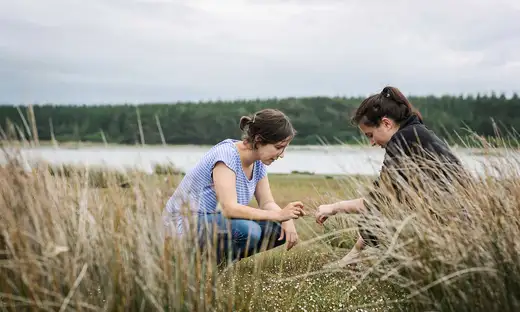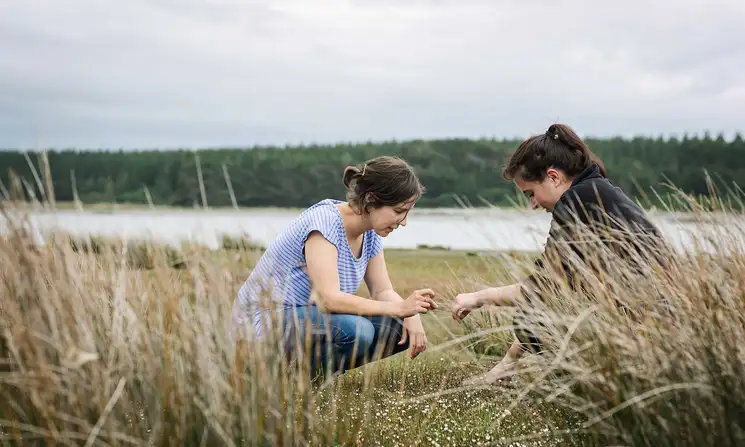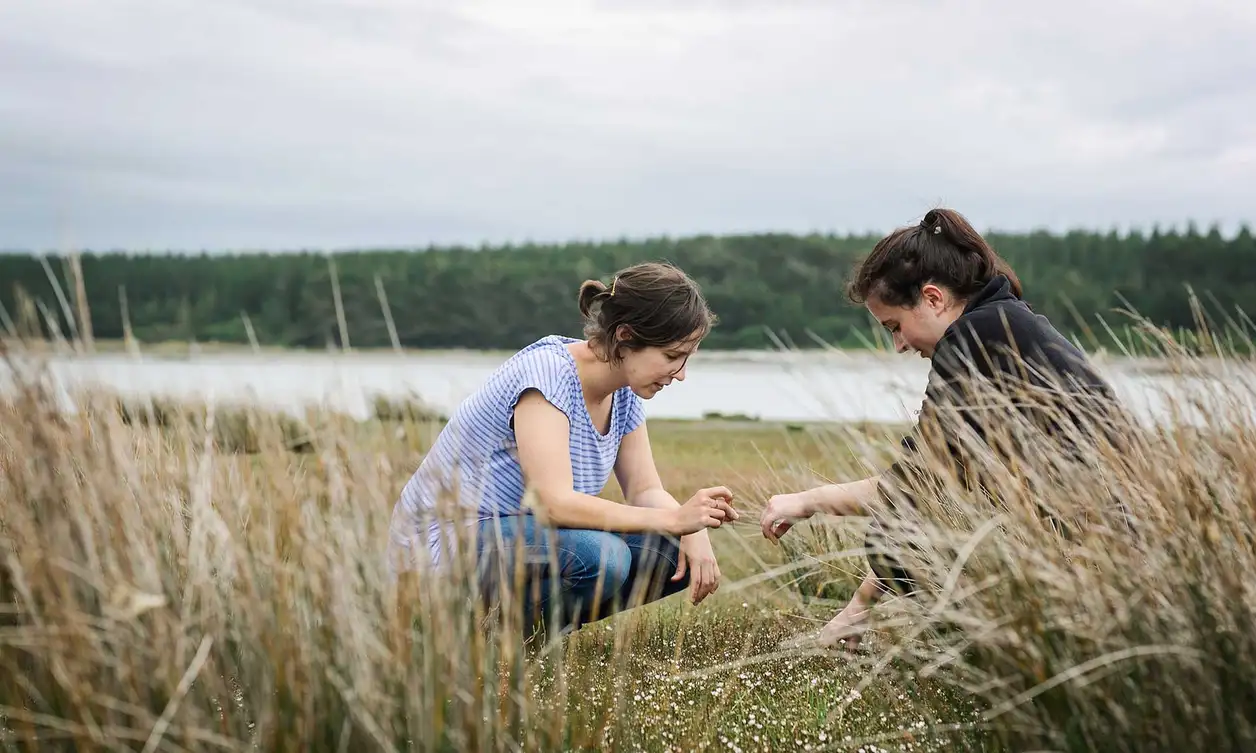Plastic pollution has reached a global crisis point, causing a wide spectrum of environmental, economic, safety, health and cultural impacts. Only about 9 per cent of all plastics ever produced have been recycled, so more preventative and precautionary solutions must be found. Associate Professor Trisia Farrelly from the School of People, Environment and Planning is researching plastic pollution from an anthropological perspective, working with scientists and other experts to develop an international, legally binding treaty on this issue.
We need to decolonise the science around plastic pollution
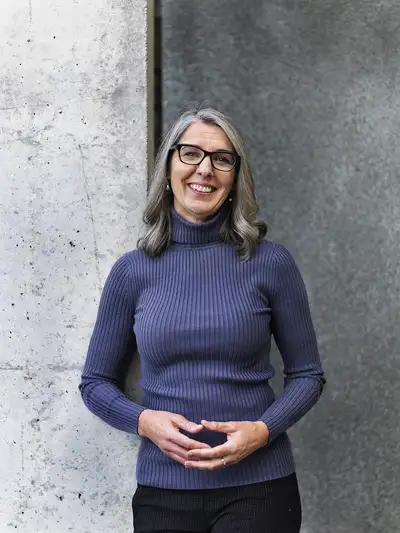
Associate Professor Trisia Farrelly, School of People, Environment and Planning
‘My work is policy-based says Associate Professor Farrelly, ‘because I recognise the issue is a global systemic one, more than it is about individual consumer responsibility. I’m interested in the power and politics of plastics, such as the way industry tactics influence policy and legislation. I’m also interested in plastic pollution, climate change and biodiversity loss as threat multipliers. As anthropologists, we take a systems approach, connecting the dots in terms of the discourse, practices, power and politics of plastic pollution, including human rights. This approach emphasises the importance of working across disciplines to respond effectively to urgent and complex socio-ecological challenges.’
Joining a United Nations Environment Programme’s Expert Group and a civil society task force on marine litter and microplastics in 2017, Associate Professor Farrelly was later nominated to the former’s associated Scientific Advisory Committee. She was elated when, earlier this year, 170 UN member states approved a resolution to establish an international, legally binding treaty by 2024 to end plastic pollution. The agreement is expected to address the full life cycle of plastics, including production, consumption and disposal, as well as the design of reusable and recyclable materials and products, along with systems enabling a toxic-free circular economy.
In working towards the agreement, Associate Professor Farrelly helped to draft a global declaration for scientists that was signed by over 700 research institutes and scientists. The text emphasised the need for indigenous and local knowledge innovations and practices, as well as human health and the safety and rights of informal waste workers. ‘It’s a long road, getting to a treaty; you have to have endurance,’ she says. Gaining further support for the treaty is now a priority.
Associate Professor Farrelly is particularly committed to supporting the Pacific Islands countries. ‘Plastic pollution is absolutely connected to climate change, and the Pacific is one of the regions most affected by climate change impacts,’ she says. ‘Sea-level rise and storm surge increase exposure to plastic pollution. I’ve been working with the Secretariat of the Pacific Regional Environment Programme to support Pacific Island countries in international negotiations, including on the Pacific Regional Declaration on the Prevention of Marine Litter and Plastic Pollution and its Impacts, which has been supported by all Pacific Island countries and territories and the metropolitan states, except the US.’
‘I carried out a plastic pollution policy gap analysis for the Pacific Islands. We found that no matter how strong each country’s policy frameworks were, in the absence of global commitment, coordination and collaboration, they would be insufficient in protecting Pacific Island countries from the growing volumes of plastic pollution entering the region.
‘We’ve got two years before the treaty is finalised, so there is a lot more work to be done. New Zealand, for example, needs to tighten its National Plastics Action Plan and related policy and framework.’
In another plastic-related collaboration, Associate Professor Farrelly worked with toxicologist Professor Ian Shaw from the University of Canterbury, together with Dr Sy Taffel from Massey, on a book, Plastic Legacies: Pollution, Persistence, and Politics, which brings together scholars from the fields of marine biology, psychology, anthropology, environmental studies, indigenous studies and media studies to investigate and address the urgent socio- ecological challenges brought about by plastics. She emphasises the ‘potential intergenerational health and human rights impacts, particularly to women, children, informal waste workers and marginalised communities’.
Associate Professor Farrelly stresses the importance of democratising knowledge. ‘We need to decolonise the science around plastic pollution and recognise the importance of indigenous and traditional knowledge systems, innovations and practices, and local and citizen science in developing solutions and responses. Respect for others’ ways of knowing and being in the world is really important, and that speaks to the need for more scientific humility. The basis of science is that we don’t know the answer, that’s why we do it. We need to break down barriers between scientific silos ... in the spirit of respectful curiosity and a shared desire for a future-oriented, safer, regenerative, just and more equitable way of living well in the world.
‘That’s where I find my joy, learning other ways of knowing and doing while finding ways in which I can enrich other approaches through the application and extension of anthropology.’
Trisia Farrelly
Learn more about the researcher working towards ending plastic pollution.
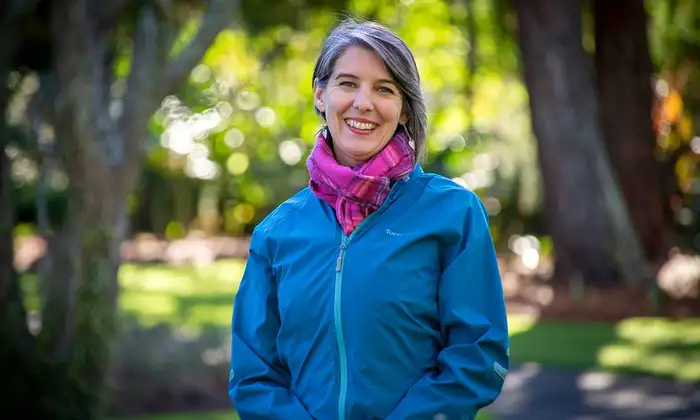
Dr Trisia Farrelly
Dr Trisia Farrelly is an environmental anthropologist, political ecologist, activist, and plastic pollution campaigner. Trisia was a finalist in 2021's Women of Influence Awards for her achievements in the environmental sector.

